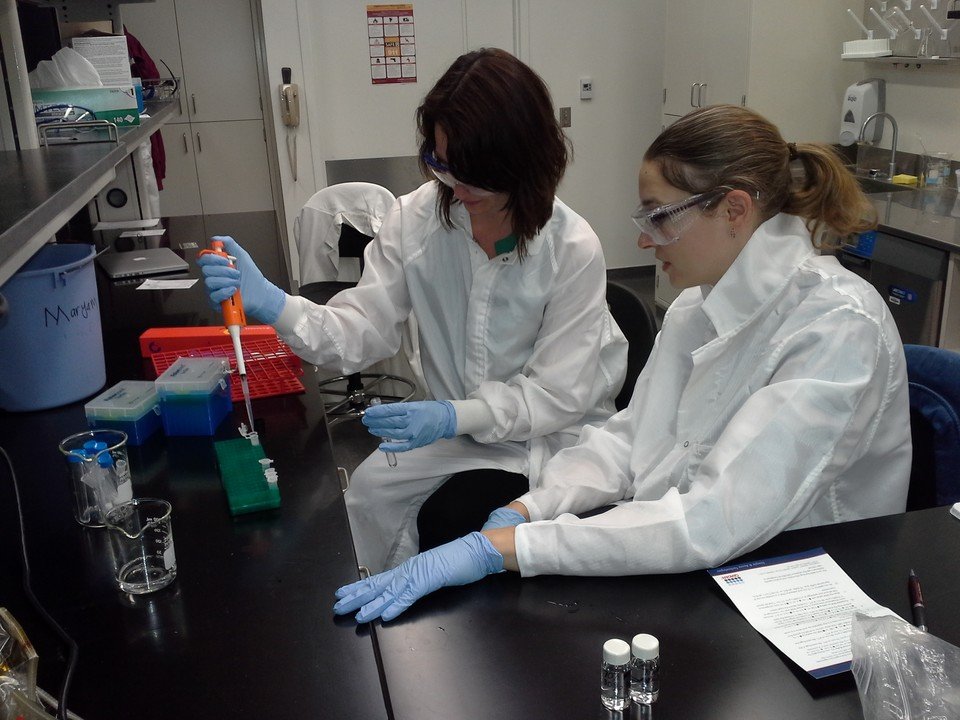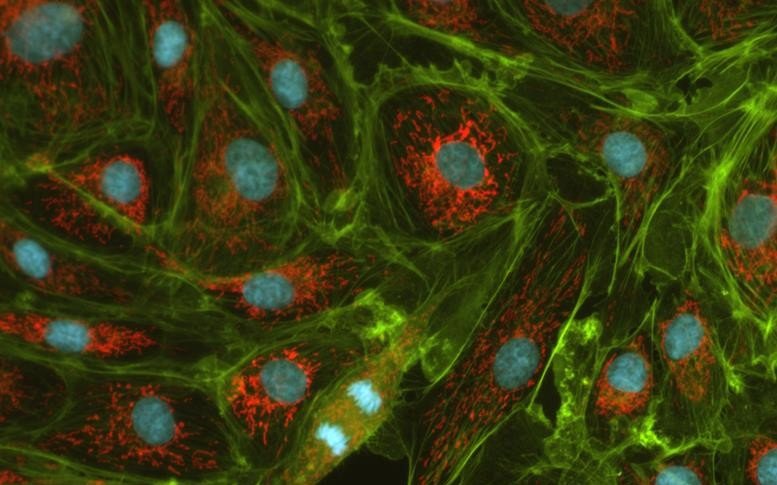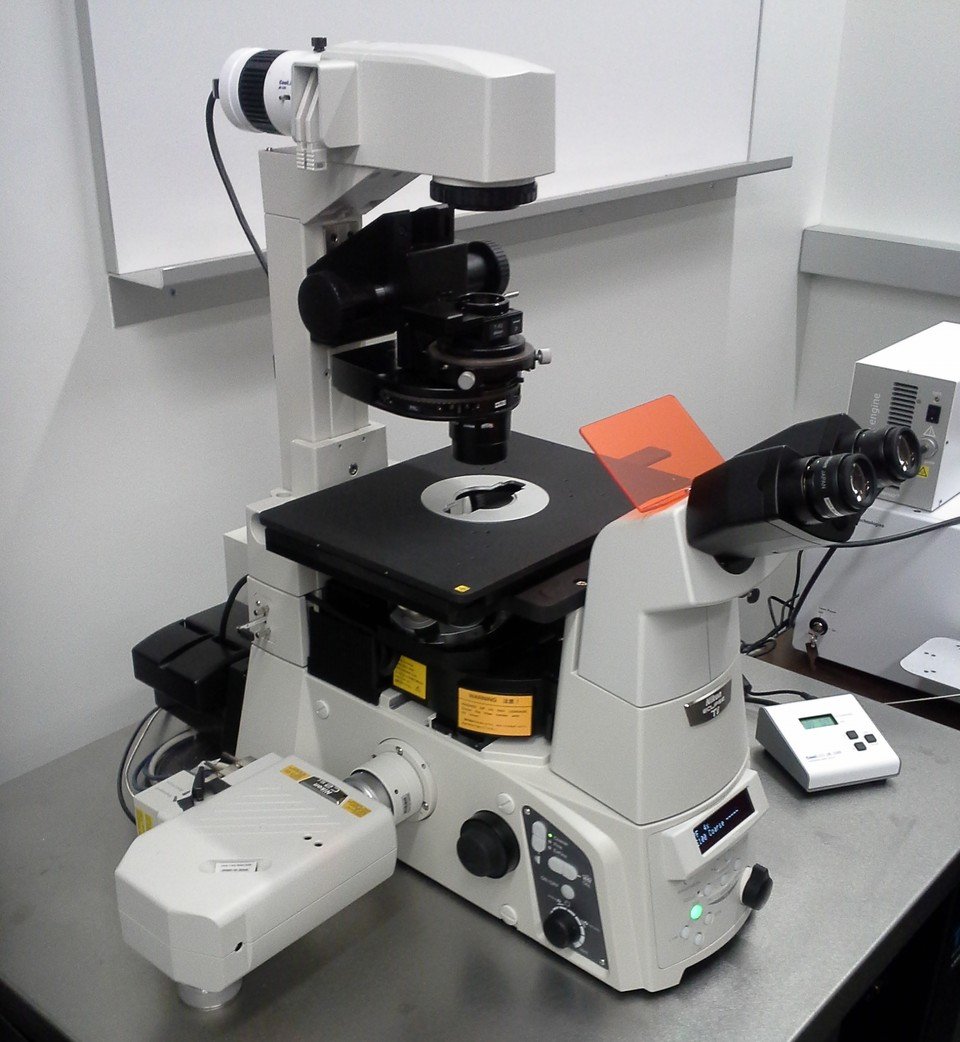Bio-Nano Focus Area
Nanotechnology meets Biology
The intersection of the life sciences and nanotechnology is an expanding field that presents great opportunities for medical diagnostics, disease prevention, drug delivery, and environmental biology. The Nano Center has opened two new labs to support this interdisciplinary research, enabling lab users to work with biomaterials like cells and tissues in close proximity to facilities for fabricating micro-devices and for making nanoparticles.
Tools for Bio-Nano Research
The labs at the Minnesota Nano Center feature tools for
- cell and tissue culture: CO2 incubators; a centrifuge; containers and media for cell culturing; laboratory refrigerator and freezer; and liquid nitrogen vessels for sample storage
- optical cell analysis: a fluorescence microscope system with high speed camera and image analysis; and a laser scanning confocal microscope for imaging cells in multiple wavelengths
- safe biosample handling: biosafety cabinets (BSL 2), a chemical fume hood, and a general purpose autoclave
- particle size analysis: dynamic light scattering, laser diffraction, and nanoparticle tracking techniques
- measuring zeta potential and isoelectric point
- characterizing particle shape
- working with nanoparticles or other materials under controlled atmospheres: low oxygen and water glove box
- chemical synthesis, separations, and full chemistry lab support
Nanomedicine Summer Short Course
Each year the Midwest Nano Infrastructure Corridor hosts a summer Nanomedicine Short Course. The short course offers attendees an introduction to the world of nanomedicine, covering topics including nano-biosensors, nanoparticle drug delivery, and nanostructures for implantable medical devices. The first day of the program features presenters from a variety of institutions and academic backgrounds, while the second day is a hands-on lab experience, allowing participants to learn and practise the lab techniques used in the field.


